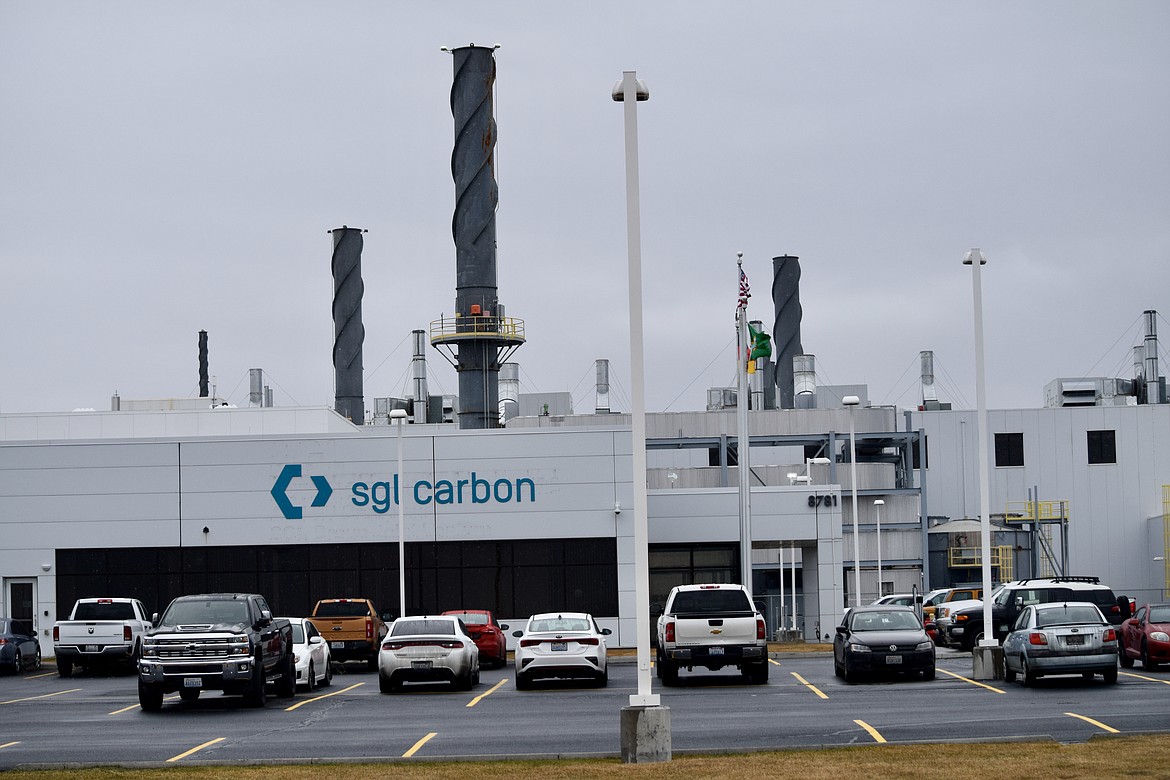EPA fines SGL for gas leaks
OLYMPIA — The Environmental Protection Agency has fined SGL Carbon about $139,000 for improperly reporting three hydrogen cyanide gas leaks beginning late 2017 at the company’s Moses Lake facility.
Become a Subscriber!
You have read all of your free articles this month. Select a plan below to start your subscription today.
Already a subscriber? Login



